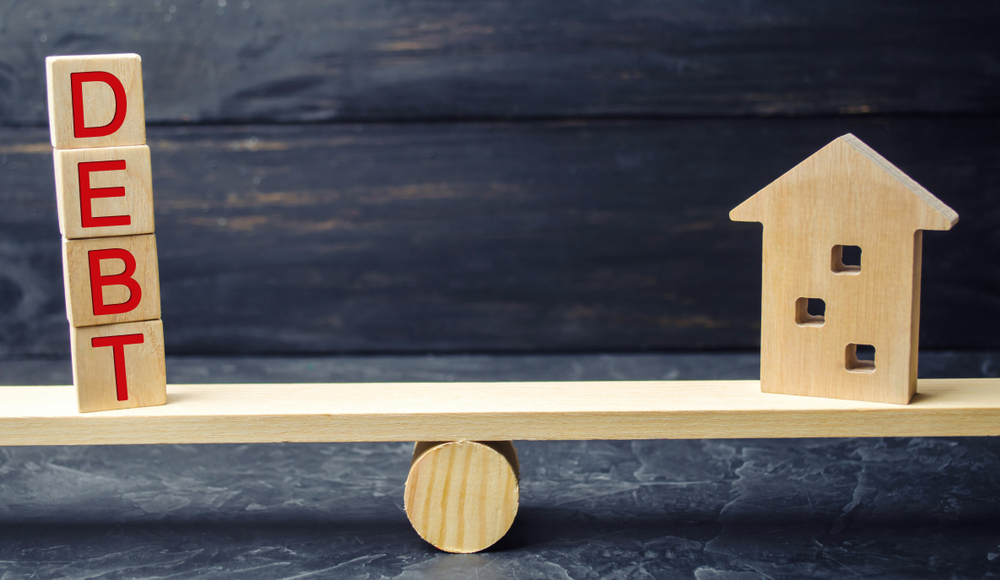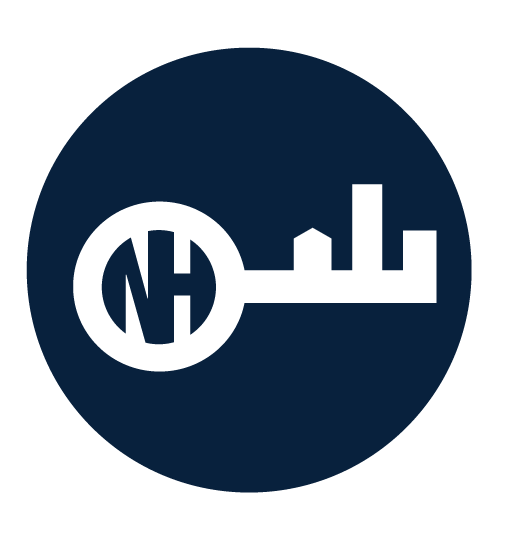Please Note: This blog is designed for general information only. The information presented at this site is not intended to provide legal advice or a legal opinion and should not be construed as the formation of an attorney-client relationship. Specific questions should be directed to an attorney at NowackHoward, LLC or to another lawyer.
When owners in HOAs and condominium associations become delinquent paying their assessments, associations must have secure liens to protect their interest in HOA collections on past due amounts. Liens take HOA collections one step further by helping to ensure the association is entitled to collect the past due principal, late fees, interest and costs of collection, including reasonable attorney fees actually incurred. Liens also give associations secured status in the event a delinquent owner files for bankruptcy.
Boards Must File Liens in County Land Records to Secure Interest in Past-Due HOA Fees
Homeowner associations not submitted to the Georgia’s Property Owners’ Association Act (POAA) must file a lien for all past due assessments in their county land records. The association’s interest is not protected until a lien is filed and recorded by the county.
A lien for unpaid homeowner assessments recorded in the county lien records acts as a notice to all that the association claims an interest in the delinquent property. The lien, among other things, acts as a “cloud on title” which prevents the sale of the property without paying off the lien. In the event the delinquent homeowner files for bankruptcy, the debt owed to the association is “secured” by the association’s lien on the property, which greatly increases the chances of the association getting paid. Even if the property is sold in a foreclosure or tax sale, the lien gives the association a claim to any excess funds resulting from the sale.
Condominiums and Homeowners Associations Submitted to Property Owners’ Association Act Have Statutory Liens
Condominium associations protected under the Georgia Condominium Act and homeowner associations submitted to the POAA have automatic, statutory liens for past due owner assessments, plus late fees, interest and costs of collection, including reasonable attorney fees actually incurred. These associations may also record a notice of their lien in the county land records. Liens under the Condominium Act and POAA also ensure the association will be paid on a sale or refinance of the delinquent property and provide the association secured status in a delinquent owner’s bankruptcy action.
Why Should Boards Keep Filing Liens for HOA Collections During a Financial Crisis?
While your association may be considering other steps to provide financial relief to its homeowners, such as waiving late fees and interest, or custom payment plans, the association still needs to take steps to protect itself by recording liens against its delinquent properties. The liens will protect the association’s interest in the money due to the association until the amounts are paid in full. However, note that there is a four-year statute of limitations for HOA collections from the time the assessment became past due. Each HOA and condominium association should adopt a collection policy to determine when a lawsuit will be filed for the association’s past due accounts. After an assessment is four years past due, a lawsuit can no longer be filed. Until then, however, the lien protects the association’s interest.
Liens Continue to Protect the HOA in Bankruptcy
In the event a delinquent owner files for bankruptcy, having a lien filed can protect the association’s interest and raise its priority level above other creditors that may not get paid.
While there is no guarantee that debt owed to the association will get paid in every bankruptcy case, an HOA with a lien already recorded at the time the owner files for bankruptcy has a “secured” claim, placing it in line in front of “unsecured” claims. When an owner files for bankruptcy, an automatic stay goes into effect to protect the delinquent owner from all collection activity, including the recordation of a lien. This means that once an owner files for bankruptcy, it will be too late to file a lien to protect the association’s interest.
Unsure About HOA Collections in Your Community? Ask Us!
NowackHoward is home to some of the best HOA attorneys in Georgia. Our lawyers are fielding questions from HOA Board members everyday related to the COVID-19 pandemic and association collections. We are here to help you find the best ways to navigate your association’s collections and keep your association’s interests protected during the pandemic and beyond.
Call us at (770) 863-8900 or visit us online at NowackHoward.com to schedule a consultation with one of our HOA attorneys to learn how you can better serve your community during tough times.


